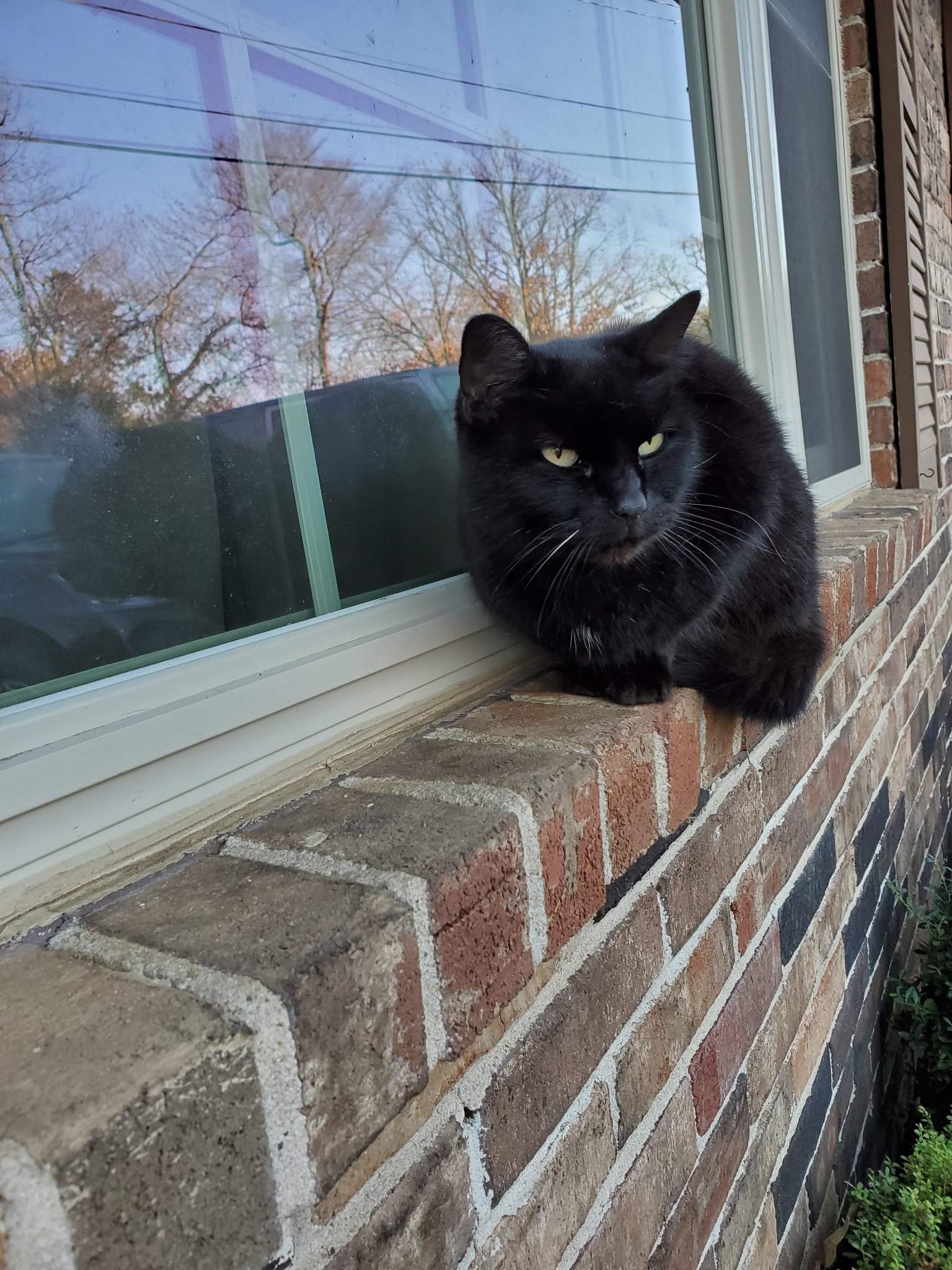Noun Modifying Form Korean - Dictionary form, omit 다 c: These are things that in english we would turn into clauses with that or which or who, but in korean you just stick the whole thing before the. Remember that what would be considered adjectives in. Adjectives (in korean and in english) get placed before nouns to describe them. +ㄴ ***exceptions occur with irregular /ㅂ/, /ㄹ/*** learn with flashcards, games, and more — for free. You learned this a long time ago.
+ㄴ ***exceptions occur with irregular /ㅂ/, /ㄹ/*** learn with flashcards, games, and more — for free. These are things that in english we would turn into clauses with that or which or who, but in korean you just stick the whole thing before the. Adjectives (in korean and in english) get placed before nouns to describe them. You learned this a long time ago. Remember that what would be considered adjectives in. Dictionary form, omit 다 c:
You learned this a long time ago. +ㄴ ***exceptions occur with irregular /ㅂ/, /ㄹ/*** learn with flashcards, games, and more — for free. These are things that in english we would turn into clauses with that or which or who, but in korean you just stick the whole thing before the. Remember that what would be considered adjectives in. Adjectives (in korean and in english) get placed before nouns to describe them. Dictionary form, omit 다 c:
noun modifying with ㄴ and ㄹ Korean Language Amino
Adjectives (in korean and in english) get placed before nouns to describe them. Dictionary form, omit 다 c: These are things that in english we would turn into clauses with that or which or who, but in korean you just stick the whole thing before the. You learned this a long time ago. +ㄴ ***exceptions occur with irregular /ㅂ/, /ㄹ/***.
KLEARIntegrated KoreanLesson 9New Words by NaSaem Issuu
You learned this a long time ago. +ㄴ ***exceptions occur with irregular /ㅂ/, /ㄹ/*** learn with flashcards, games, and more — for free. Dictionary form, omit 다 c: Adjectives (in korean and in english) get placed before nouns to describe them. Remember that what would be considered adjectives in.
How to Use 던, 았/었던 Retrospective NounModifying Form Intermediate
Adjectives (in korean and in english) get placed before nouns to describe them. These are things that in english we would turn into clauses with that or which or who, but in korean you just stick the whole thing before the. Remember that what would be considered adjectives in. Dictionary form, omit 다 c: +ㄴ ***exceptions occur with irregular /ㅂ/,.
[LIVE] Nounmodifying Form Practice Intermdiate Korean Grammar 은/는/을
Dictionary form, omit 다 c: You learned this a long time ago. Adjectives (in korean and in english) get placed before nouns to describe them. Remember that what would be considered adjectives in. +ㄴ ***exceptions occur with irregular /ㅂ/, /ㄹ/*** learn with flashcards, games, and more — for free.
You can also change plain old verbs so you can use them to change a
These are things that in english we would turn into clauses with that or which or who, but in korean you just stick the whole thing before the. Remember that what would be considered adjectives in. Dictionary form, omit 다 c: You learned this a long time ago. Adjectives (in korean and in english) get placed before nouns to describe.
G12.5. Noun Modifying Form Verb (으)ㄴ + N YouTube
Dictionary form, omit 다 c: +ㄴ ***exceptions occur with irregular /ㅂ/, /ㄹ/*** learn with flashcards, games, and more — for free. Adjectives (in korean and in english) get placed before nouns to describe them. These are things that in english we would turn into clauses with that or which or who, but in korean you just stick the whole thing.
은/ㄴ nounmodifying form (past tense) grammar / Intermediate Level / For
Adjectives (in korean and in english) get placed before nouns to describe them. You learned this a long time ago. These are things that in english we would turn into clauses with that or which or who, but in korean you just stick the whole thing before the. Dictionary form, omit 다 c: Remember that what would be considered adjectives.
[Learning Korean Language] Adjective modifying a noun YouTube
+ㄴ ***exceptions occur with irregular /ㅂ/, /ㄹ/*** learn with flashcards, games, and more — for free. These are things that in english we would turn into clauses with that or which or who, but in korean you just stick the whole thing before the. Dictionary form, omit 다 c: You learned this a long time ago. Adjectives (in korean and.
Study Korean Together Basic Korean Vocabulary
You learned this a long time ago. Adjectives (in korean and in english) get placed before nouns to describe them. Remember that what would be considered adjectives in. These are things that in english we would turn into clauses with that or which or who, but in korean you just stick the whole thing before the. Dictionary form, omit 다.
Noun Modifying form (ending) how to make a noun modifying ending with
+ㄴ ***exceptions occur with irregular /ㅂ/, /ㄹ/*** learn with flashcards, games, and more — for free. Dictionary form, omit 다 c: Adjectives (in korean and in english) get placed before nouns to describe them. Remember that what would be considered adjectives in. These are things that in english we would turn into clauses with that or which or who, but.
You Learned This A Long Time Ago.
Remember that what would be considered adjectives in. These are things that in english we would turn into clauses with that or which or who, but in korean you just stick the whole thing before the. Adjectives (in korean and in english) get placed before nouns to describe them. +ㄴ ***exceptions occur with irregular /ㅂ/, /ㄹ/*** learn with flashcards, games, and more — for free.



![[LIVE] Nounmodifying Form Practice Intermdiate Korean Grammar 은/는/을](https://i.ytimg.com/vi/lLO6IW-BJHM/maxresdefault.jpg)



![[Learning Korean Language] Adjective modifying a noun YouTube](https://i.ytimg.com/vi/ekQJuQQhtO4/maxresdefault.jpg?sqp=-oaymwEmCIAKENAF8quKqQMa8AEB-AHUBoAC4AOKAgwIABABGGUgYShNMA8=&rs=AOn4CLBEVkOwNMGtX0qdqHacsKrl0ojtrg)

